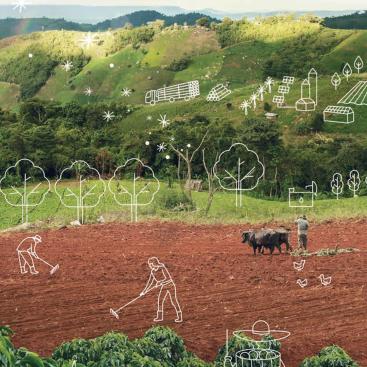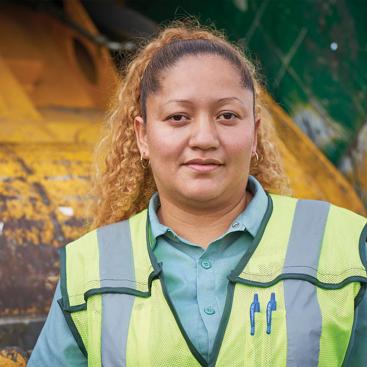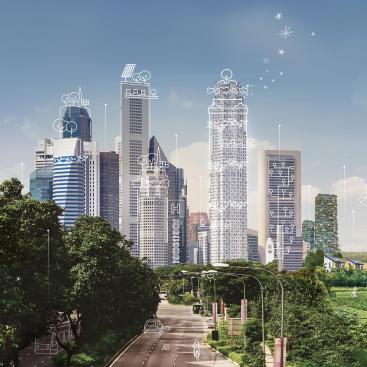Ideas

Discover the 2021 Land Degradation Neutrality Fund Impact Report

When growth capital makes it possible to build sustainable real estate At the heart of social and societal issues, cities and urban areas are some of the drivers of climate change, causing collateral damage to biodiversity, resources, air and health. At the forefront, the transport and construction sectors are facing a challenge of unprecedented magnitude: to transform themselves fundamentally in order to drastically reduce their impact on the environment. In this context, Mirova’s Impact Private Equity strategy focuses on solutions and technologies that will help to make sustainable cities a reality. In this article, we take a closer look at buildings.

Discover the 2021 Impact Report for Mirova's Energy Transition Infrastructure platform.

Focus on Waste Management's actions on diversity and inclusion through an interview conducted by Soliane Varlet, Mirova's dedicated strategy manager, with Devina Rankin, Vice President and CFO Waste Management

Discover the 2021 Impact Report for the Mirova Global Sustainable Equity Fund.

Discover the 2021 Impact Report for the Mirova Global Sustainable Equity Strategy.

Discover the 2021 Impact Report for the Mirova Global Green Bond Fund.

This publication aims to report on the social and environmental value created through our approach, alongside the pursuit of financial performance.
